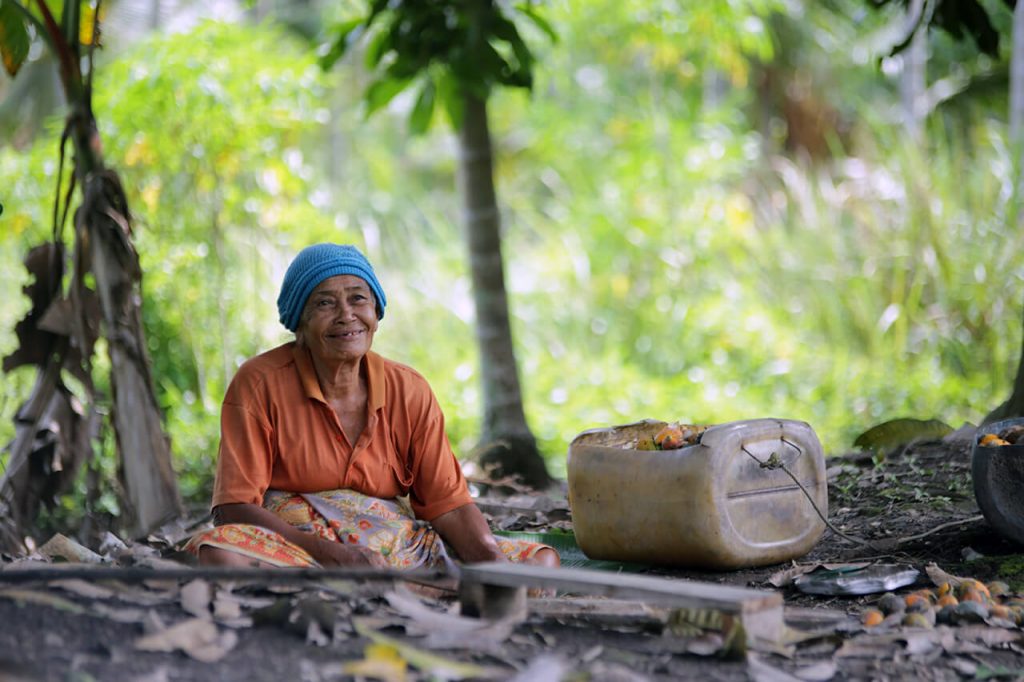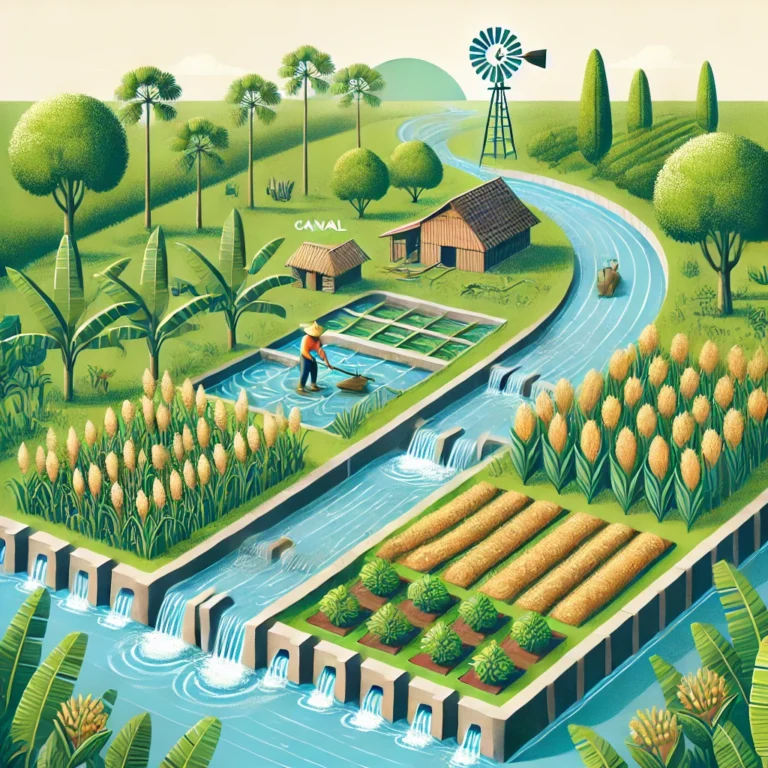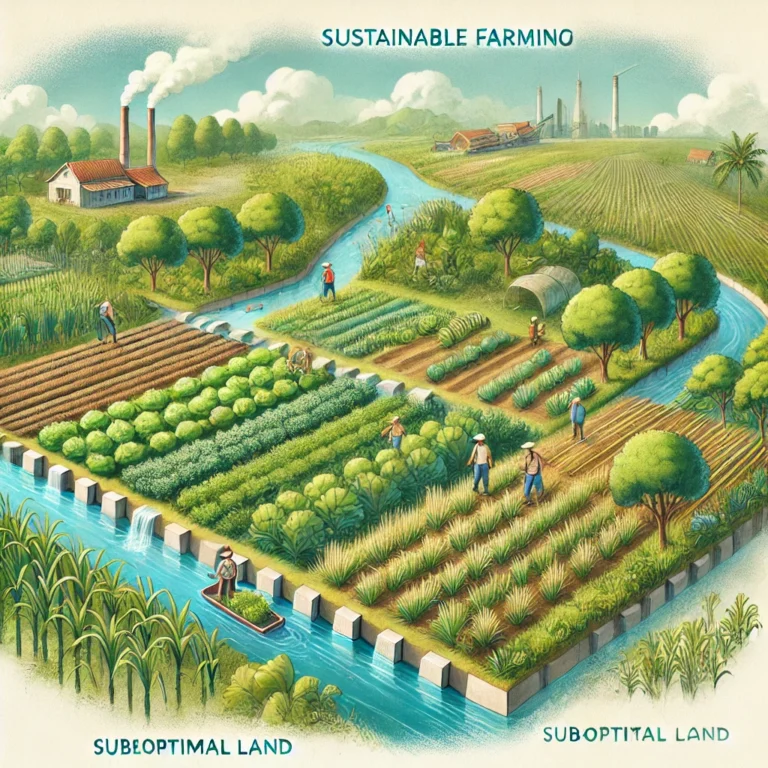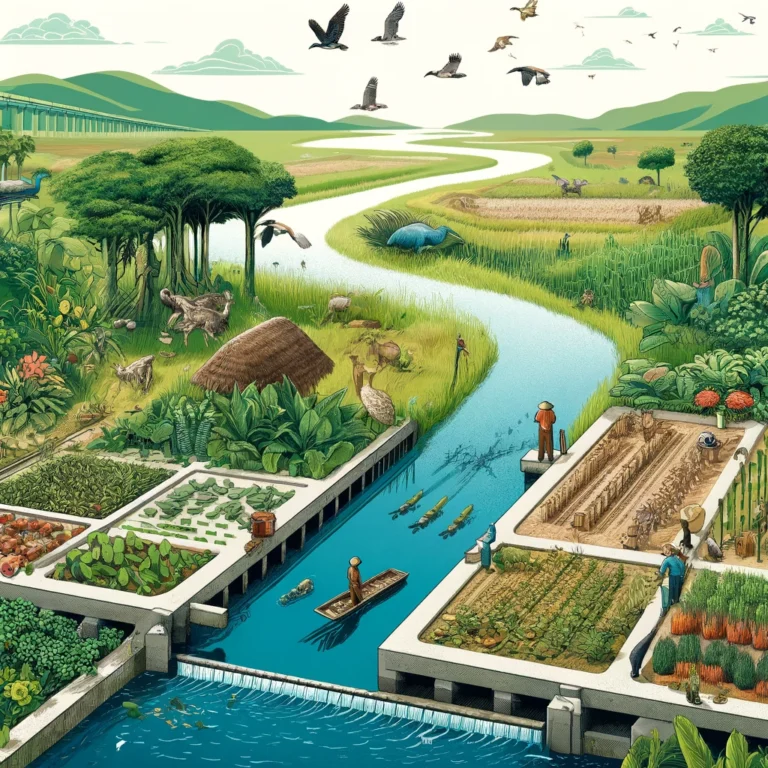One morning, the docks in kilometre-9 of Pulau Burung were busy with boats unloading schoolchildren who just arrive for school. Across the canal, nine individuals were just departed using two speedboats to start a two-hour journey to the villages of Binangun Jaya and Suka Jaya. They split into two groups to visit the two villages simultaneously to meet and have discussions with the people there. It was the second day of a series of focus group discussion (FGD) that Tay Juhana Foundation (TJF) conducted last month.
Within three days, we went to five villages in the district of Pulau Burung: Manunggal Jaya, Bangun Harjo Jaya, Binangun Jaya, Suka Jaya, and Pulau Burung. We met the officials in each village along with six guests as our FGD respondents. Previously, we asked help from the village officials to invite six of their people to participate in the FGD. They would represent six different groups within the society: 1) farmer who owns land, 2) farmer without land, 3) woman farmer, 4) youth farmer, 5) trader, and 6) community leader. In each village, the FGD was carried out for around two hours with three discussed themes: environment, socio-economy, and governance.
Under the environmental theme, we discussed biodiversity, agriculture practice, waste and pollution, also possible disasters. The people realize that they now come across wild animal (e.g. pig and monkey) more often since it often disturbs the plants. Yet, there are also wild animals that are rarely seen. People in Pulau Burung Village assume this happen due to decreasing forest in the surrounding area. Meanwhile, the agriculture practice is not really dependent on chemical fertilizer since the farmers find it very expensive. The main issue in waste management is the limited means to manage domestic solid waste. Some people have the initiatives to process the waste into compost that can be used as organic fertilizer.
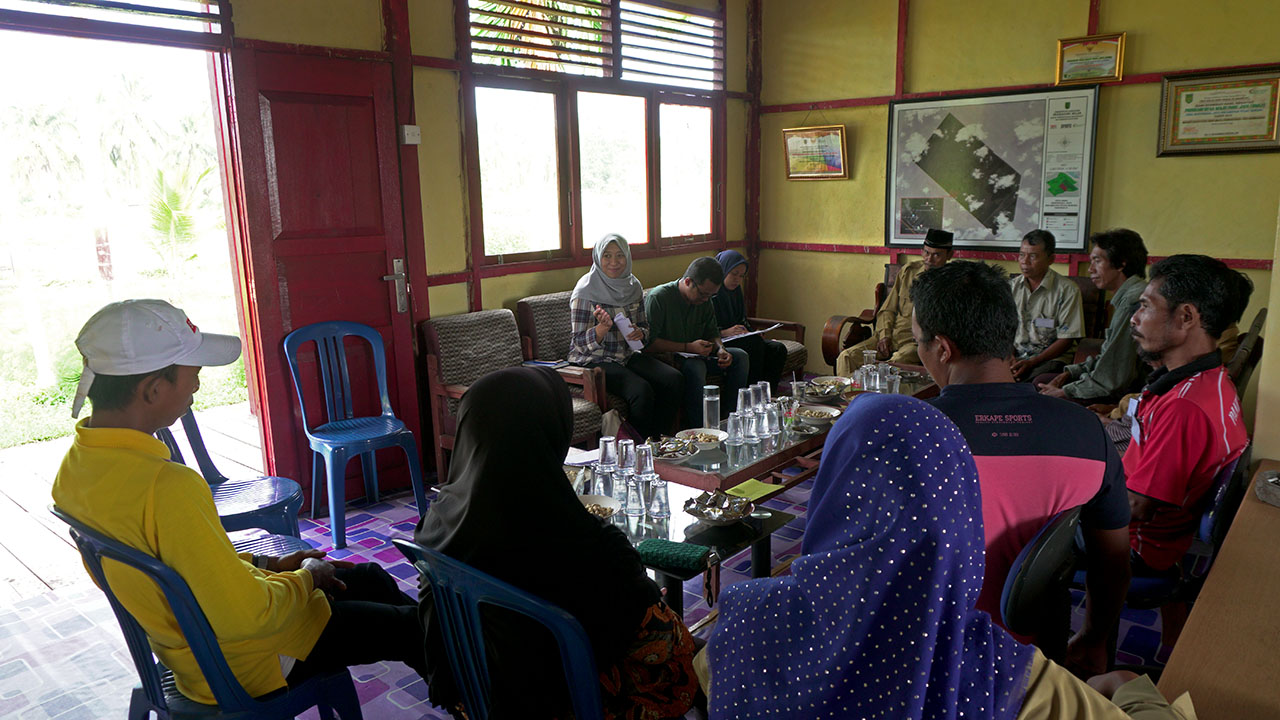
The FGD turned livelier when we talked about household welfare, public health and sanitation, education, access to public facilities, also food security. Over the years, income improvement has enabled people to renovate their houses, buy motorbikes, and more importantly, have better access to food, health, and education. As for the public facility, the state of its development differs from one village to another. The state electricity company (PLN) is on the way to implement its program to allow 24-hour access to electricity which currently still only available from 5 pm to 12 am in most of the villages. The people would also like to have better access to clean water via the network from the water utility company (PAM). At present, they obtain water from the groundwater wells, canals, and rainwater harvesting.
The people had also things to say in the governance aspect, including land fire, land and water management, policy, local institution, and inclusivity. Generally, the people are very aware of the danger of fire hence they do their best to minimize the risk to prevent fire events. Meanwhile, it is a rough journey to resolving the issue of land certificates in the area. Various efforts have been made but the results are still far from expectation. With water management, the maintenance measures need the cooperation of all the existing stakeholders. As the consequence of needed social interaction in governing many aspects, the people develop a very tight bond that supports local institutional settings with adequate women and youth representatives.


